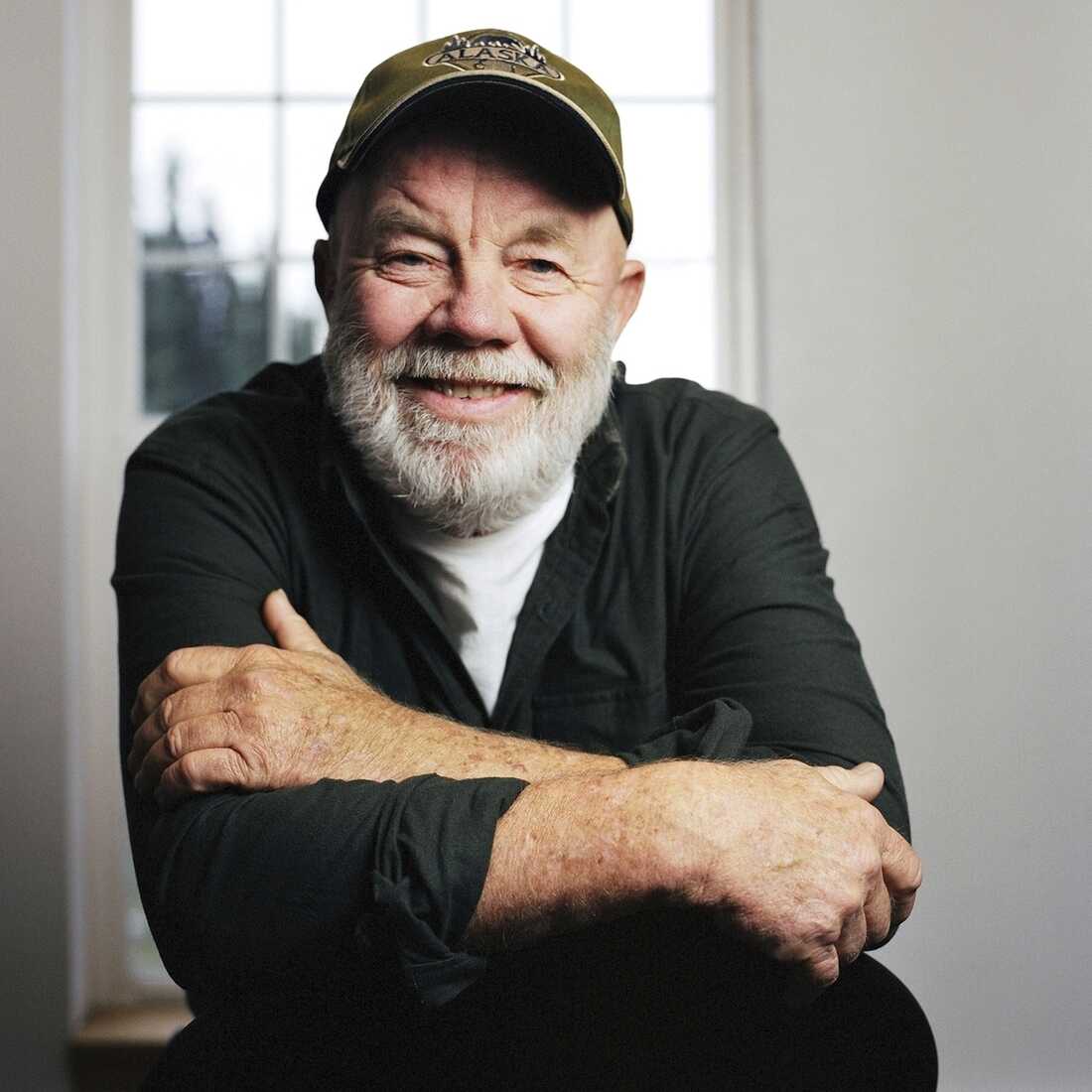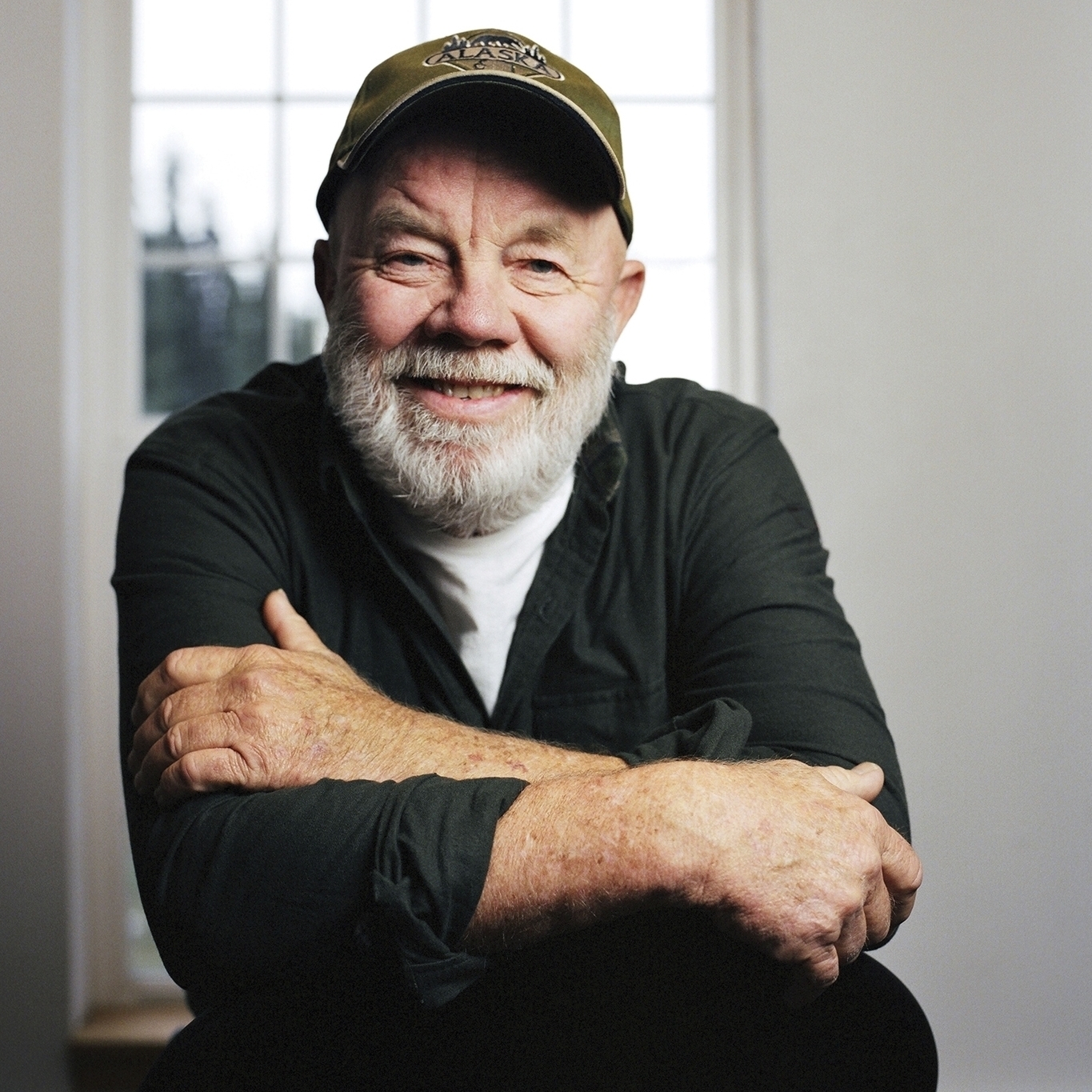Beloved children’s author and wilderness enthusiast Gary Paulsen has died at 82

Enlarge this image
toggle caption
Brian Adams/Getty Images

Brian Adams/Getty Images
Gary Paulsen, whose books taught generations of kids how to survive in the woods with only a hatchet, died Wednesday at the long time of 82 ; his publisher said it was “ sudden ” but did not give a induce. Paulsen was best known for those wilderness survival stories, though he wrote more than 200 books during his life, and three of his novels, Hatchet, Dogsong and The Winter Room, were Newbery Honor books. Paulsen was born in Minnesota in 1939. In a memoir, Gone To The Woods — which came out earlier this year — Paulsen wrote about a difficult childhood. His father was off fighting in World War II ; his mother was an alcoholic, and her drink in and party formed some of Paulsen ‘s identical first memories. “ She would take me to bars and have me whistle, ” he said. “ To meet men and to get more to drink. I lived on Coca-Cola and fried chicken. That ‘s what the bartenders gave me a distribute of, ” he told NPR in an interview.
Alone on the train with a five-dollar bill
When he was 5 years previous, Paulsen ‘s mother put him on a train, alone, with nothing but a $ 5 beak and a bag, and sent him to live with his aunt and uncle on their grow in Northern Minnesota. There he learned how to catch and cook fish over a campfire, and use the smoke to keep the mosquitoes away at night — skills that characters in his later novels would use to survive .

Simon & Schuster Books for Young Readers
Paulsen wrote fondly about his time with his aunt and uncle, but it was ephemeral. He reunited with his parents when he was 7 years old, and started running away curtly thereafter.
Read more: 17 of the best feel-good books
“ They were drunks. They were just awed. They in truth were, ” he said. “ I ended up in the woods, all the meter. The woods are a sanctuary to me. ” The other place Paulsen sought safety during those cold Minnesota winters was in the library, where a alert librarian took notice of him and gave him a library card, and then books, and then a Scripto notebook and a number two pencil, to write down his thoughts. “ She said, ‘You should write down some of your think pictures, ‘ which I called them, ” Paulsen said. “ I said, ‘For who ? ‘ and she said ‘For me. ‘ I would not be a writer. none of this would have happened except for that. ”
He won a Newbery Honor — and wondered what that meant
During his animation, Paulsen by turns worked as a farmhand, engineer, structure worker, ranch hand, truck driver, boater, and even traveled with a circus. He walked off a job as a satellite technician for an aerospace firm in California, and spent the adjacent class in Hollywood as a cartridge holder proofreader.
Related NPR Stories
Books
Gary Paulsen’s Memoir Taps Into The Childhood Experiences That Inspired His Stories
Gary Paulsen’s Memoir Taps Into The Childhood Experiences That Inspired His Stories
Listen
·
5:23
5:23
Writer Gary Paulsen
The first writing he got paid to do was for Westerns, under the penname was Paul Garrison. When he won a Newbery Honor for Dogsong in 1986, he did n’t know what that mean. “ I actually did n’t. I was out in the kennel with the dogs and my wife gave me the earphone, ” Paulsen said. “ And then we got a discipline. We ‘d been living on three to four distinguished a class. ” today, Paulsen ‘s publisher says 35 million copies of his books are in mark. He continued to find chancel in the woods, and lived a life outdoors, running the Iditarod dogsled race doubly — about dying the moment time — and spend two years sailing around the world, up to Alaska and back to the Sea of Cortez. In 1997, he received the ALA Margaret A. Edwards Award for his contribution to young adult literature.
Read more: 15 Mystery Series That’ll Keep You Guessing
Gary Paulsen is survived by his wife and son, and one final examination fresh. Northwind, a historical adventure about a young person ‘s conflict to stay active against the odds, will be published in January 2022. This fib was edited for radio by Rose Friedman and adapted for the vane by Samantha Balaban and Petra Mayer .


